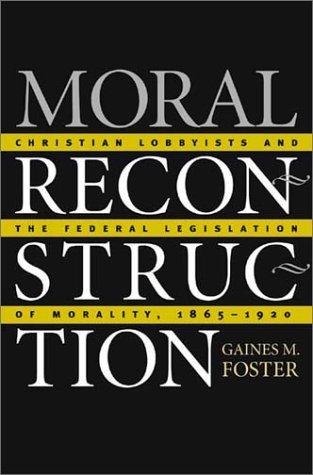Julea Ward, a student in the university’s graduate level counseling program, had only four courses remaining to earn her degree when she enrolled in a one-on-one counseling practicum in 2009. As part of the practicum Ward was assigned a potential client “seeking assistance regarding a sexual relationship that was contrary to her religious convictions,” explained the Alliance Defense Fund (ADF), the legal advocacy group that represented Ward in the case. “Ward recognized the potential conscience issue with the client, and asked her supervisor how to handle the matter.”
After directing her to turn the client over to another counselor, EMU officials informed Ward that in order to stay in the counseling program she would have to undergo a “remediation” program designed to deal with her unsatisfactory viewpoint regarding homosexual relationships.
"Remediation" was apparently not pretty, and after undergoing what her attorneys described as an ideology-driven flogging by unsympathetic members of the faculty, Ward was booted from the program. In spite of this, she has won the day, and while I obviously disagree with Christians finding recourse for justice in the legal system, I cannot help but be glad that this basic right of conscience is being preserved in the system. In its report on the ruling, the court issued an important clarification, one which I first encountered in Stephen Prothero's Religious Literacy:
Surely, for example, the ban on discrimination against clients based on their religion (1) does not require a Muslim counselor to tell a Jewish client that his religious beliefs are correct if the conversation takes a turn in that direction and (2) does not require an atheist counselor to tell a person of faith that there is a God if the client is wrestling with faith-based issues. Tolerance is a two-way street. Otherwise, the rule mandates orthodoxy, not anti-discrimination.
This critique hits the mark squarely. What the counseling department at Eastern Michigan was insisting on was an adherence to a competing ideology, one which endorses certain behaviors without qualification. The problem is a persistent one in the counseling field, and--in the very few courses in counseling that I have been required to take--I have heard horror stories from professionals who have been turned out of jobs, schools, and professional societies for an unwillingness to compromise their values and encourage patients to engage in behaviors which they believe to be ultimately destructive. This stretches beyond questions of sexuality. One such counselor shared that he had fought most of his career against the prevailing notion that there are times when it is appropriate to counsel a couple to divorce. Taking the biblical prohibition on divorce seriously, he refused to budge and (according to his rendition) has suffered as a result.
Certainly there are greater challenges being faced by Christians, even here in the religiously comfortable climes of theologically temperate North America. Still, there should be a strong sense of victory here both for Christians and proponents of religious freedom. After all, anti-discrimination has been slowly creeping (though, at times, it feels more like a headlong rush) closer and closer toward positive pluralism as a litmus test for academic, social, and professional acceptability. People have incorrectly confused disapproval with discrimination and have been too quick to infringe on each other's freedom to disagree. Even everyone's government-given right to be an idiot. That means that Christians can take principled stands (with such offensive attendant actions as referring patients to therapists who do not share their moral qualms, thus benefiting both patient and counselor), homosexuals can have left-coast parades in leather thongs, Westboro baptists can ascribe hatred and vindictiveness to God, occupiers can stand up for their incendiary, binary view of society by squatting on public land, and birthers can stack conspiracy theory on conspiracy theory until their house of cards crumbles. If this country is really committed to the kind of blind, non-intrusive freedom it claims to be, then that includes not only your freedom to be a heteroromantic asexual but also Julea Ward's freedom to refer you for treatment elsewhere and the Lutheran Church's freedom to not employ people who, contrary to clear Christian teaching, choose to settle Christian disputes in secular courts.




